Transitions: Mandela – against all constructs of oppression
The anti-apartheid legacy was a challenge to imperialism and other dominations.
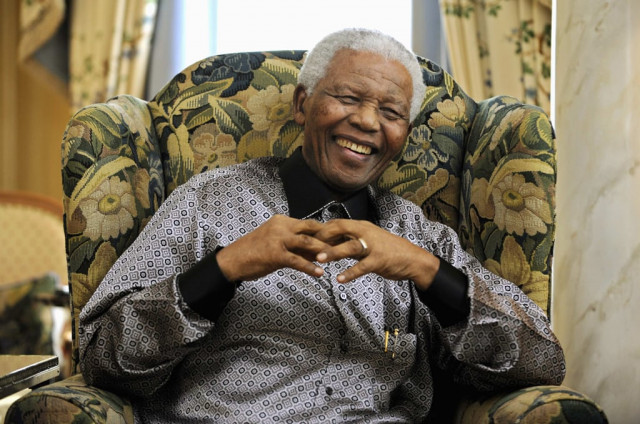
Mr Mandela’s struggle eventually liberated South Africa from white rule and led to the emergence of a new nationhood inclusive of whites and blacks. PHOTO: REUTERS/FILE
Today is a day not to be mourned but to be celebrated. We must remember the existence of one of the most inspirational persons in the world.
With the death of Nelson Mandela, millions of freedom-loving peoples all over the world have lost an icon. He was one of the most committed anti-apartheid and anti-imperialist leaders whose heroic struggle will inspire generations to come. Mr Mandela’s struggle eventually liberated South Africa from white rule and led to the emergence of a new nationhood inclusive of whites and blacks.
However, class and other forms of domination remain deeply entrenched in all countries of the world, including South Africa, despite the liberation struggle under the leadership of Mandela, which confirms that the global capitalist order has simply been restructured after the end of formal colonialism.

The white minority continues to monopolise wealth and assets in South Africa and this is why the formal democratic regime is viewed as increasingly illegitimate by the black majority. This is what liberal democratic regimes face all over the world, including in Pakistan, because ultimately, all of these regimes are unwilling to challenge the dictates of global capitalism, and particularly, the international financial institutions (IFIs).
As a leader of the African National Congress (ANC), Mandela formulated his theory of nationhood that was all-inclusive. It was a movement through which the black people were to be emancipated.
In 1990, the International Association of Democratic Lawyers (IADL) — of which I was and still am a member — held its Congress in Barcelona. Mr Mandela was still in prison at that time. The association was part of the international community voicing its objections against his imprisonment and we honoured him by electing him as the Honorary President of the IADL. I was privileged enough to be elected as one of the IADL vice-presidents at the time.
Mr Mandela was released from prison soon thereafter and a new chapter in the history of South Africa was written.
After his anti-apartheid movement, he was elected the first black President of the newly-born Republic of South Africa in 1994 — a republic in which at least constitutionally and legally the blacks were recognised as equal members of the state.

In 1995, a meeting of the International Bureau of the IADL was held in Cape Town. Simultaneously, the General Congress of the IADL was also summoned there, which was attended by a thousand or so people connected with the law. The first session of the Congress was presided over by Mr Mandela. It was at this time that I had the honour and opportunity of meeting him and having a long discussion with him along with other members of the Bureau.
He was a progressive and pragmatic ‘militant’, knowing the history of his people and determining his future course accordingly.
While remembering the contributions of Nelson Mandela, it is important not to lose sight of the fact that the popular forces struggling for genuine change around the world have been badly weakened since the end of the Cold War. Without principled ideological politics, there is little hope that freedom for the masses, which Mandela struggled his whole life for, will ever be secured.
There is an urgent need to revive the left, both within individual countries and at the global level, so as to build a coherent challenge to imperialism and domination of all kinds.
And Mandela will remain an inspiration for all people struggling against injustice, oppression and subjugation anywhere in the world.
The writer is an eminent constitutional expert, President of Awami Workers Party, he worked as one of the vice-presidents of the International Association of Democratic Lawyers of which Mandela was an Honorary President
Published in The Express Tribune, December 7th, 2013.

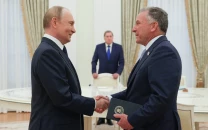

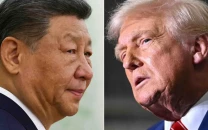

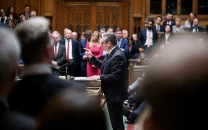
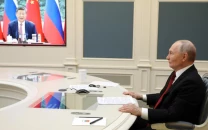












COMMENTS
Comments are moderated and generally will be posted if they are on-topic and not abusive.
For more information, please see our Comments FAQ